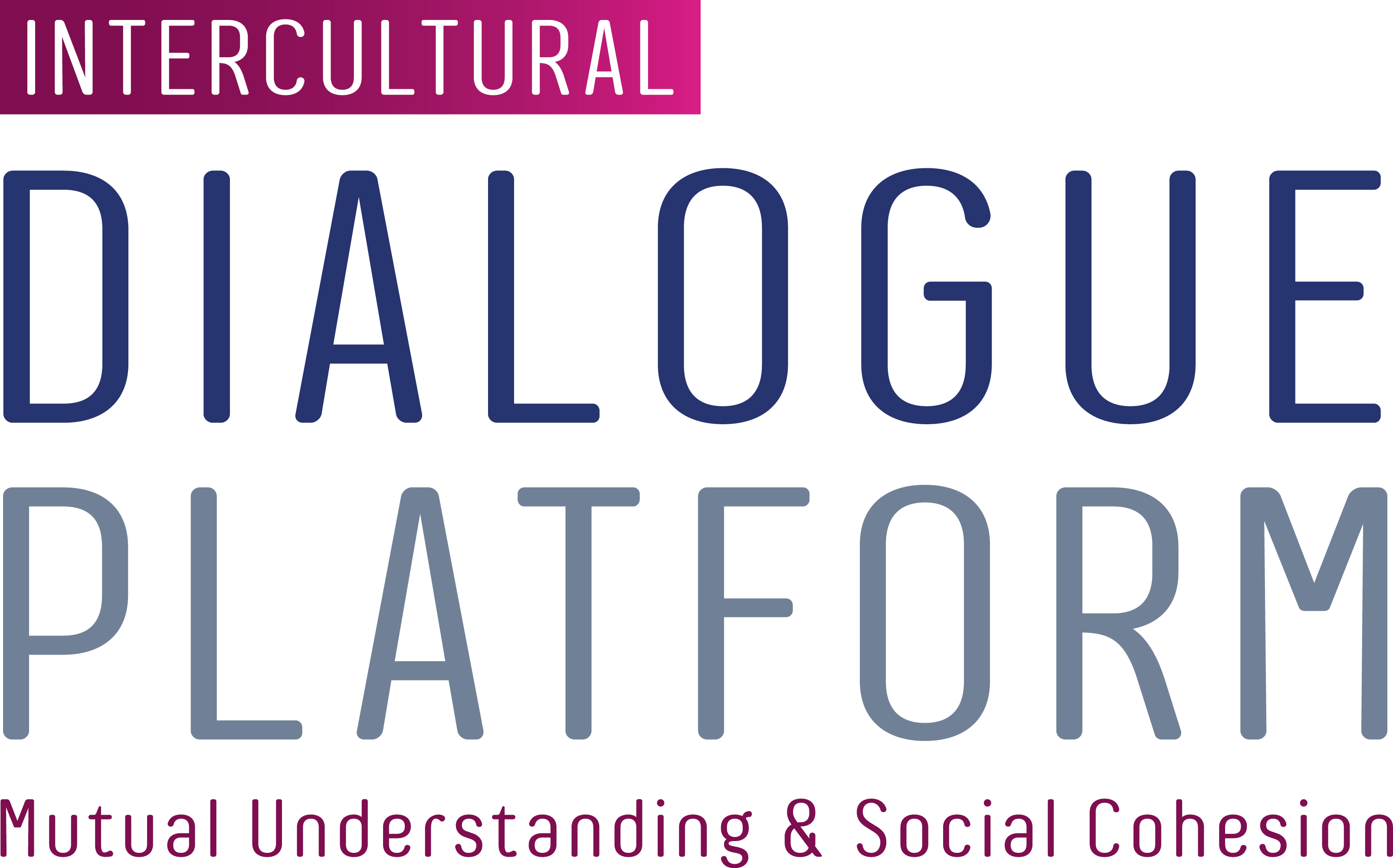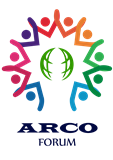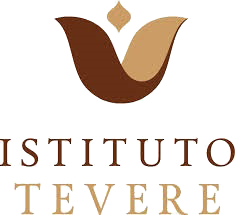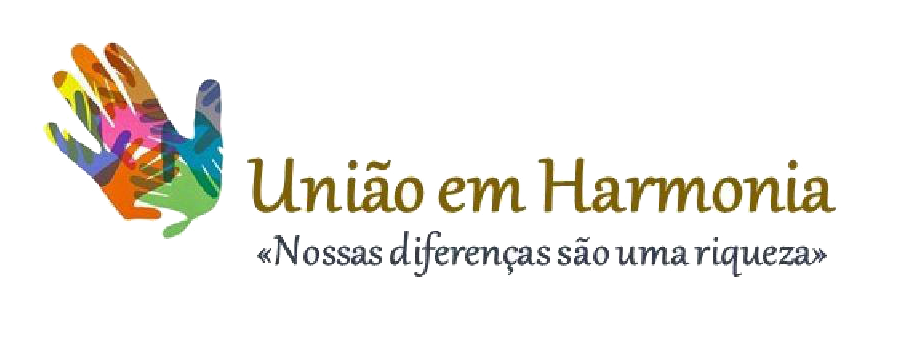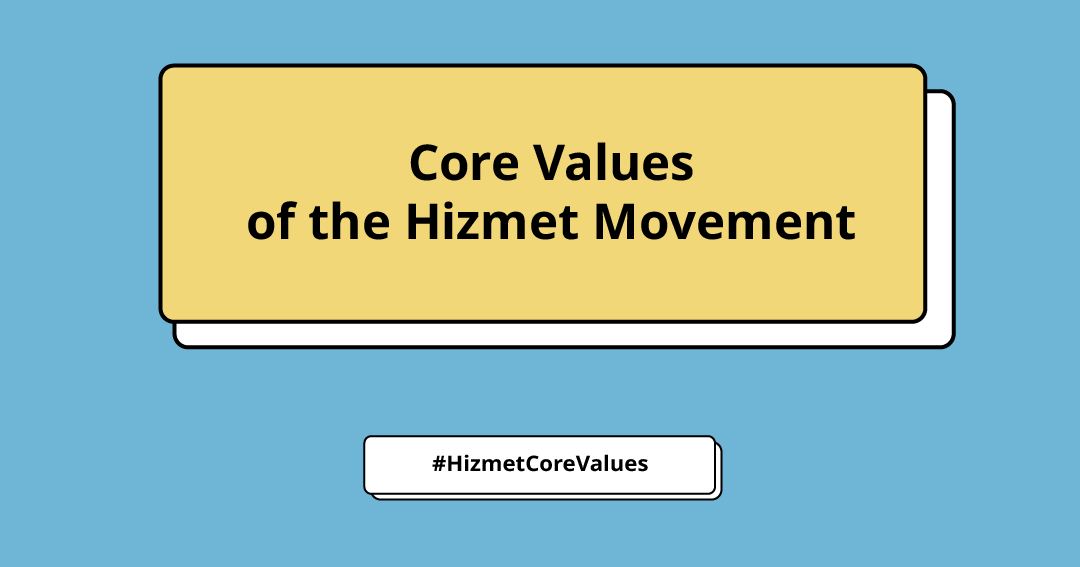The Hizmet movement is a civil society movement committed to peaceful coexistence and service to humanity based on social responsibility and philanthropy. The movement prioritises education, dialogue, and humanitarian aid in its activities by centring on the concept of altruistic volunteering. It is a peaceful movement that embraces religious, social, and cultural diversity and is inspired by Islamic and universal humanitarian values.
“This work on values is commendable and promising for the future. I have faith and hope that the activities of Hizmet volunteers, devoted to the core values of observing the pleasure of God and sustenance of others, will contribute significantly to the formation of a more livable world in peace and tranquility.” Fethullah Gulen
VISION
Hizmet participants envision a society where:
- Every person is treated with dignity and accepted as they are.
- Human rights are protected, and diversity is seen as richness.
- People are sensitive to the challenges of humanity.
- People from different religions, cultures, and worldviews engage in dialogue and empathise with one another.
- Universal values are shared, cooperation is cherished, and people live in peace and harmony.
Hizmet volunteers are committed to collaborating with individuals and groups who share this vision.
CORE VALUES
1. Respect for Human Life and Fundamental Human Rights
Hizmet volunteers believe that every human being has inherent value and should be treated with dignity. All human beings are equal in dignity and rights, and no one person is superior to another. Hizmet volunteers uphold all human rights and freedoms expressed in the United Nations Universal Declaration of Human Rights. Social justice and equal opportunity are essential for equality among all people.
2. Respect and Compliance with the Rule of Law
Hizmet participants respect and abide by the rule of law. They do not believe that anyone is above the law, and they act to protect human dignity, universal legal principles, and the laws of their country of residence. They manage the Hizmet movement’s organisations to meet or exceed their societies’ norms of transparency and accountability.
3. Peaceful and Positive Action
The Hizmet movement is a group of peaceful volunteers who repudiate the use of violence to achieve political or any other ends. Hizmet participants focus on positive and constructive initiatives and reject and condemn actions driven by hostility and destruction.
4. Gender Equality
Hizmet participants are committed to providing women with equal opportunities and enabling them to contribute to all aspects of society without facing any form of discrimination. They strive to fulfil this ideal in all their activities and initiatives.
5. Ethical Action
Hizmet participants adhere to ethical standards and moral principles in their activities. They abide by fundamental ethical principles such as honesty, integrity, harmlessness, and righteousness. Hizmet participants believe that legitimate goals should be obtained through legitimate means.
6. Respect for Diversity and Pluralism
Hizmet participants view collective and individual diversity as enriching. They embrace a non-belligerent and open-hearted attitude to peacefully navigate inconvenient situations or avoid conflicts that stem from differences in sacred beliefs.
7. Voluntary Participation and Altruism
For Hizmet participants, joining or leaving activities is a personal choice. Hizmet participants contribute, through monetary donations or other means, to projects that bring their values to life and benefit humanity.
8. Consultation and Shared Wisdom
Hizmet participants benefit from the shared wisdom and diverse perspectives that arise from the intercultural and interfaith dialogue.
9. Civic Nature, Independence
Hizmet is an entirely independent civil society movement. It is not an extension of any state or political entity. Hizmet participants emphasize the internalization of democratic values, active citizenship and community participation and respect for individuals’ political choices. They strongly oppose transforming religion into a political ideology or a tool of politics.
10. Civic Engagement and Contribution to Society
Hizmet participants consider it a social responsibility to serve others and actively help their communities solve the problems they face. They perceive themselves as part of the human family, which enables them to be sensitive to humanity’s problems with the aim of serving humankind.
11. Protecting the Environment
Hizmet participants perceive the Earth, including all its ecosystems, as a treasure entrusted to every person with the task of preserving the planet for future generations.
12. A Holistic View of Humanity (And Unity of Mind and Heart)
A human is both a material being and a spiritual being. Spiritual disciplines should be pursued along with reason and scientific research so that material and spiritual needs can be met and individuals can flourish.
HOW HIZMET VALUES ARE PUT INTO PRACTICE
-
1. Education
Hizmet participants acknowledge the importance of education for achieving societal development, peace, equality of opportunities and social justice. In pursuit of these goals, participants establish schools, universities, tutoring centres, student housings, educational courses, seminars, weekend schools and after-school programs, among other education-focused initiatives.
Educational programs are shaped according to the educational curriculum standards of the country of residence and include various fields such as science and social sciences, humanities, arts, sports, and language teaching. Hizmet participants actively promote the participation of people from all segments of society in these educational activities.
-
2. Spiritual Nourishment and Growth
Hizmet participants organise and support religious/spiritual, social, and cultural activities such as gatherings, seminars, panels, and mentorship programs that help participants develop spiritually and fulfil their spiritual needs.
-
3. Dialogue and Social Cohesion in Society
Hizmet participants organise dialogue exchanges and civic engagement activities among people of different religions, nationalities, races, ethnicities, cultures, and worldviews. These activities, which primarily include academic events (such as symposia, panels, and seminars), cultural events (such as festivals, trips, and family meetings), spiritual events (such as joint prayers and iftar programs), and social-responsibility projects (such as humanitarian relief activities) aim to establish societal peace, promote shared knowledge and mutual understanding, and develop empathy and a willingness to accept everyone in their uniqueness.
-
4. Humanitarian Aid and Contribution to the Social Welfare
Hizmet participants perceive service to humanity as a social responsibility, a religious duty, and spiritual practice. They plan, organise, and support sustainable development, humanitarian aid and social responsibility projects.
Participants run humanitarian aid campaigns that provide food and shelter services to people facing natural disasters, wars, and/or poverty, and partner with established networks of volunteer healthcare professionals to provide health services to people who otherwise would not have access to such services.
-
5. Culture and Art
Hizmet participants foster communication, peace, and harmony within and between communities by organising and supporting arts events since art is considered as a universal language. They also contribute to the exploration, development and expression of personal talents and skills through activities such as art education, art performances, and language and culture festivals.
-
6. Publications
Hizmet participants publish journals and books to promote lifelong learning and foster and disseminate universal human values such as social cohesion, heart-mind integrity, and environmental awareness.
Historical Background
During the 1960s, Turkish society suffered from social ills such as poverty, lack of equal opportunities, and political polarisation. These social ills often turned into armed conflict. Against this backdrop, Muslim scholar and intellectual Fethullah Gülen, along with his friends, started educational initiatives to protect youth from violence and self-destructive behaviours and addictions and empower them with a quality education that would lead to career opportunities. The educational environment was designed so that students could gain a comprehensive understanding of their faith and how to live out their faith in the modern world by embracing science, democracy, and the diversity of their societies. The seeds of what became the Hizmet movement were sown by a group of volunteers who shared Fethullah Gülen’s vision of how education can transform lives when those in need have access to student housing, scholarships, and university/college preparatory courses.
Over time, this group of like-minded individuals turned into a social movement shaped by concepts based on Islamic tradition and universal human values, such as respect for the dignity of every human being, acceptance of everyone as they are, service to humanity, and the development of long-term solutions to social problems through education. Through its education-related projects, the movement expanded beyond the borders of Turkey as it welcomed the participation of people from different ethnic, religious, and cultural backgrounds. The result was a more diverse group of participants.
While the movement initially focused on education, participants soon started to organise dialogue and intellectual meetings and social-responsibility projects aimed at reducing tension and prejudice among segments of society with different religious or ethnic identities, political views, and ideologies. The goal was to nurture the culture of living together in peace.
In the 2000s, humanitarian relief projects became increasingly visible and prominent. Hizmet participants rushed to help many victims of natural disasters, not only in Turkey but also worldwide. In some places, participants continued with disaster relief and embarked on permanent projects such as building medical clinics, schools, and water wells and developing training programs to train qualified personnel who would be hired to work in the clinics and schools.
Hizmet participants have also had cultural interactions with the people of the countries in which they operate. This interaction naturally led to the formation of local expressions of the movement, each one with different cultural patterns and values, attitudes, and work procedures. Movement participants see this diversity as enriching within the framework of their core values.
It is essential that organisations and institutions are managed by their boards in accordance with the laws of the country in which they are located, within the norms of transparency and accountability of the respective societies, and consistent with the core values of the Hizmet movement. Regular communication, discussion, and the sharing of best practices help to achieve these objectives.
To download the complete statement in pdf, please click here.
